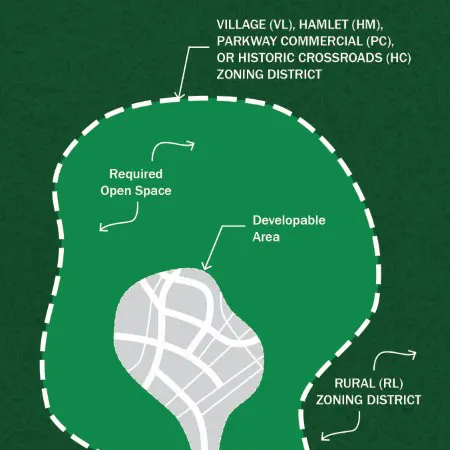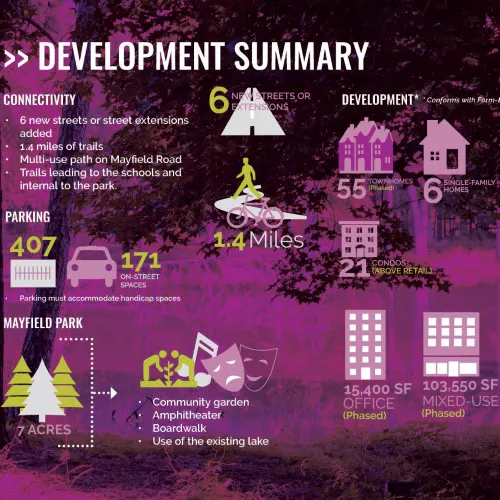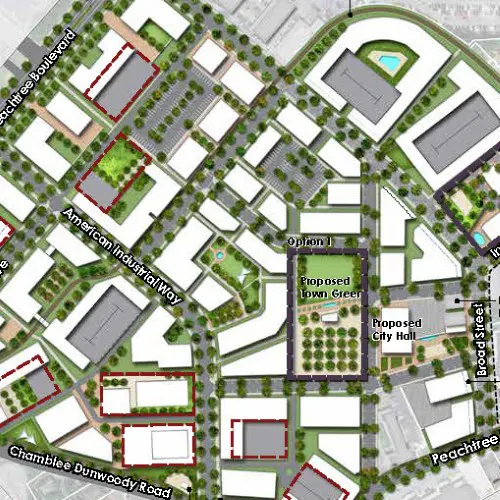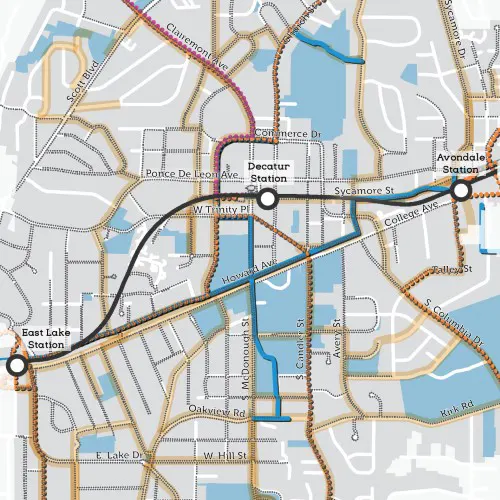City coding and guidelines involve using technology and programming to enhance how cities function and improve quality of life. This includes developing digital tools for urban planning, transportation, public services, and more. For city coding to be effective, it must follow key principles such as community involvement, open data, scalability, inclusivity, and data security.
Engaging residents and stakeholders ensures that digital solutions reflect community needs and priorities. Using open-source code and publicly accessible data promotes transparency and collaboration. Systems should be scalable, adaptable, and environmentally sustainable to meet future urban demands.
Accessibility is essential, with solutions designed for users of all abilities and backgrounds, including language options and inclusive interfaces. Finally, safeguarding citizens’ data through encryption and clear privacy policies is crucial for building trust.
When guided by these best practices, city coding becomes a powerful tool for creating more efficient, equitable, and responsive urban environments.








